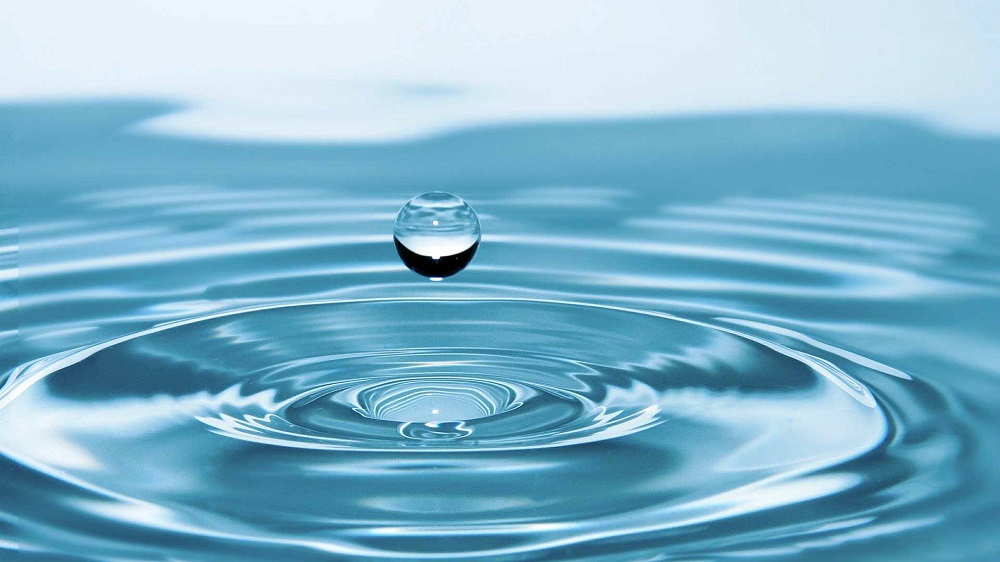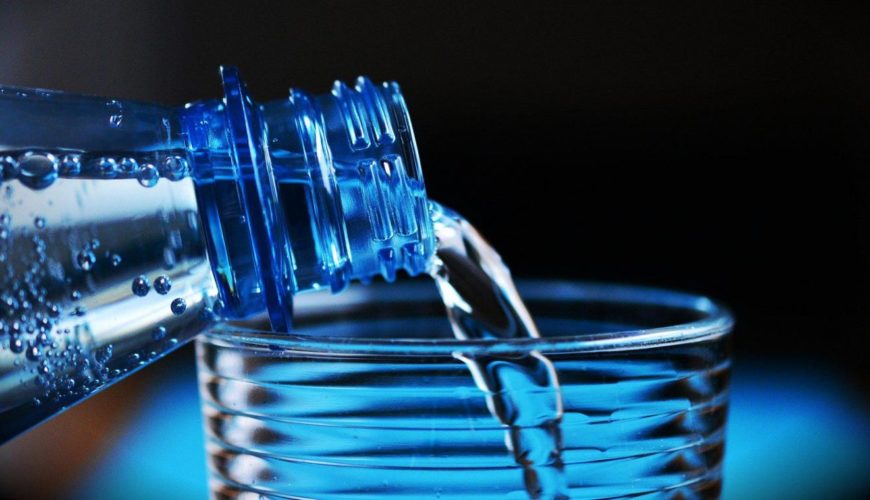If you have a water dispenser in your home, chances are that the quality of the water coming out is quite good. But if you live in an area where municipal water sources are known to be contaminated, or if you drink from a well, then it’s important that you take precautions before drinking any of this water.
The first step should always be to test for contaminants-whether they come from lead pipes carrying the tap water into your house or pesticides used on crops near your well. If contamination is detected, install filters to remove these impurities and minerals from the supply before using the water for cooking or drinking. The next step would be to use bottled water for everything but hand washing and bathing until there’s no sign of contamination.
Here are a few steps to help you out:
Firstly, you need to check the source of your water. If it is coming from a municipal supply, then you don’t have to worry about contaminants because the water will be closely monitored and regulated. However, if your water is coming from a well then it must be tested for impurities such as nitrates, pesticides, and bacteria including e Coli and salmonella. If you do find contaminants, then you need to install a water purification system and an aeration system to remove them before using the water for drinking or cooking.
Checking The Location Of Your Well
If your well is located near agricultural land where fertilizers and pesticides are used, these compounds might seep into your groundwater supply. You can check if this is the case by getting your water tested for nitrates.
If you do find contaminants in your well, install filters before using the water. Filtered water should be used for cooking and drinking while still boiling water meant for washing.
Bottled spring water can be safely consumed without needing to boil it. Do not drink tap or well-water without boiling it first.
Purification Methods
You can also use water purification tablets or sachets to prepare water for drinking and cooking. These are convenient because they do not require installation of any additional equipment, but be sure to follow the instructions carefully for best results. Use bottled water for washing dishes and hand-washing until the new filters have done their job properly.
Water dispensers like this one can be installed in your house to provide safe water for drinking, cooking, and other purposes. You don’t need to worry about contaminants because the water will be closely monitored and regulated.
Benefits Of Chlorine Filtration
Chlorine is used to disinfect water. However, it can also cause adverse effects like dry skin and hair, bad breath, nausea, vomiting, diarrhea, and eye irritation. It’s good that you’re filtering your drinking water because chlorine can react with other chemicals in the water supply to form harmful compounds like trihalomethanes (THMs) which are carcinogenic.
Always make sure to check your water filter regularly, especially if it’s placed outside in the open air.
Keep in mind that chlorine can react with dirt and rust particles to form harmful compounds which you don’t want to ingest at all. If you want to find out which harmful compounds can be found in your water, you can read more about them at WaterFilterGuru.com, and arm yourself with professional tips and advice on which steps you should take and when.
Always keep a backup supply of bottled drinking water just in case your house is without electricity for an extended period.
The last thing you want to do is drink contaminated tap or well-water during a blackout, leading to diarrhea and other gastrointestinal distress. That would really put a damper on your situation!
Benefits Of Iron Filtration
Iron isn’t generally bad for you. In fact, the human body needs iron to produce red blood cells and transport oxygen around your system. However, too much iron can lead to nausea, vomiting, diarrhea, and other gastrointestinal issues. It’s best that you filter this mineral out of drinking water before consuming it because high levels of iron can react with the chlorine in tap water to form iron chlorides which can be toxic.

To ensure you are drinking high-quality water, you need to have the water tested for impurities. When shopping for a product to purify your drinking water, you need to check its NSF international certification so that you know it’s safe to use. If you don’t trust these products, then you can always rely on your boiled or bottled water. After all, this is not merely about ensuring high-quality drinking water–it’s about ensuring the safety of all the water you use for cooking and cleaning as well.
No matter where your water comes from, it’s important to take steps to ensure its quality. By checking the source and using filters, you can be sure that you’re drinking good-quality water.
People drink water every day, without even realizing that it may not be of good quality. However, when drinking water or eating food prepared in contaminated water, your health can be affected. The source of the water is important because different sources have varying levels of contaminants.




